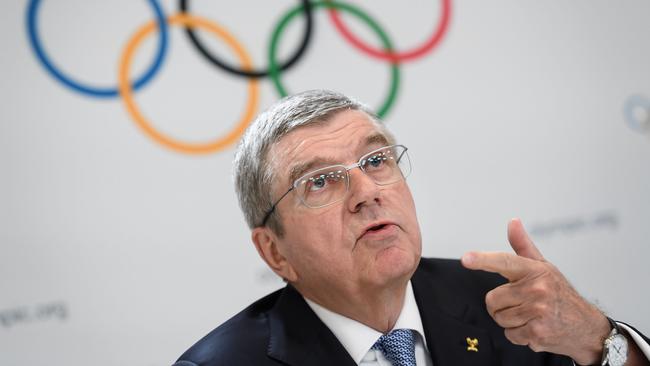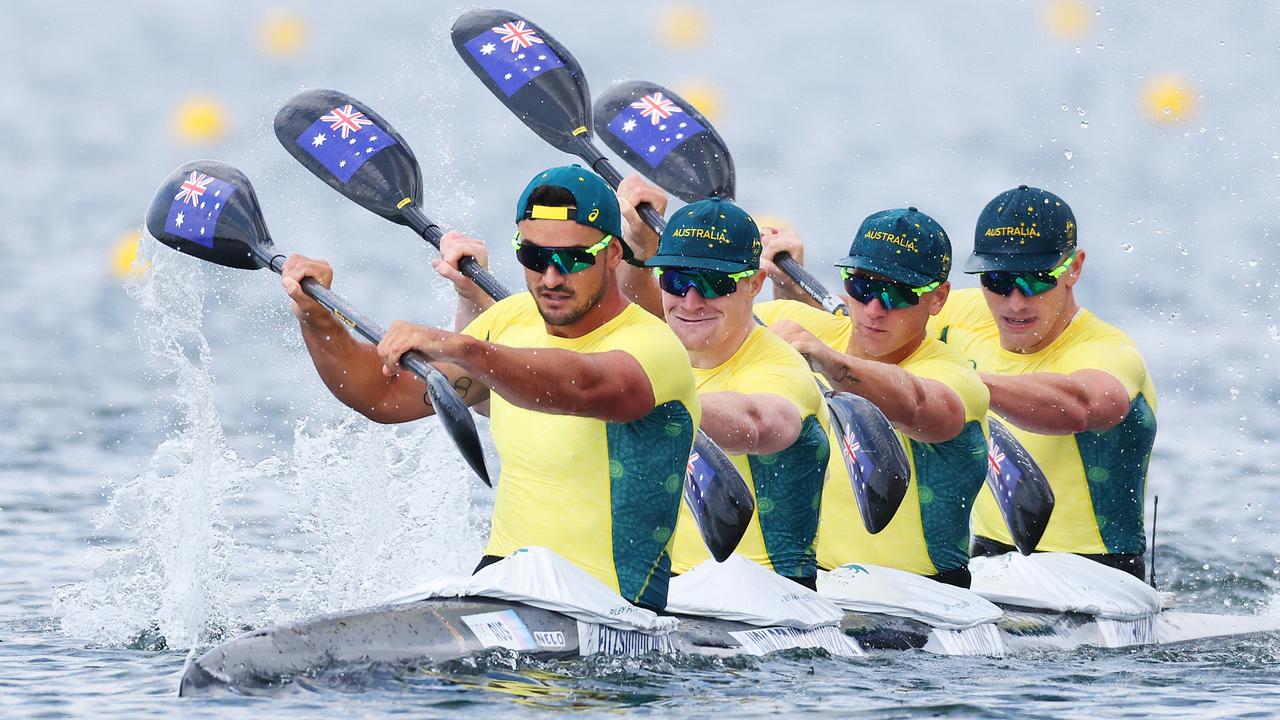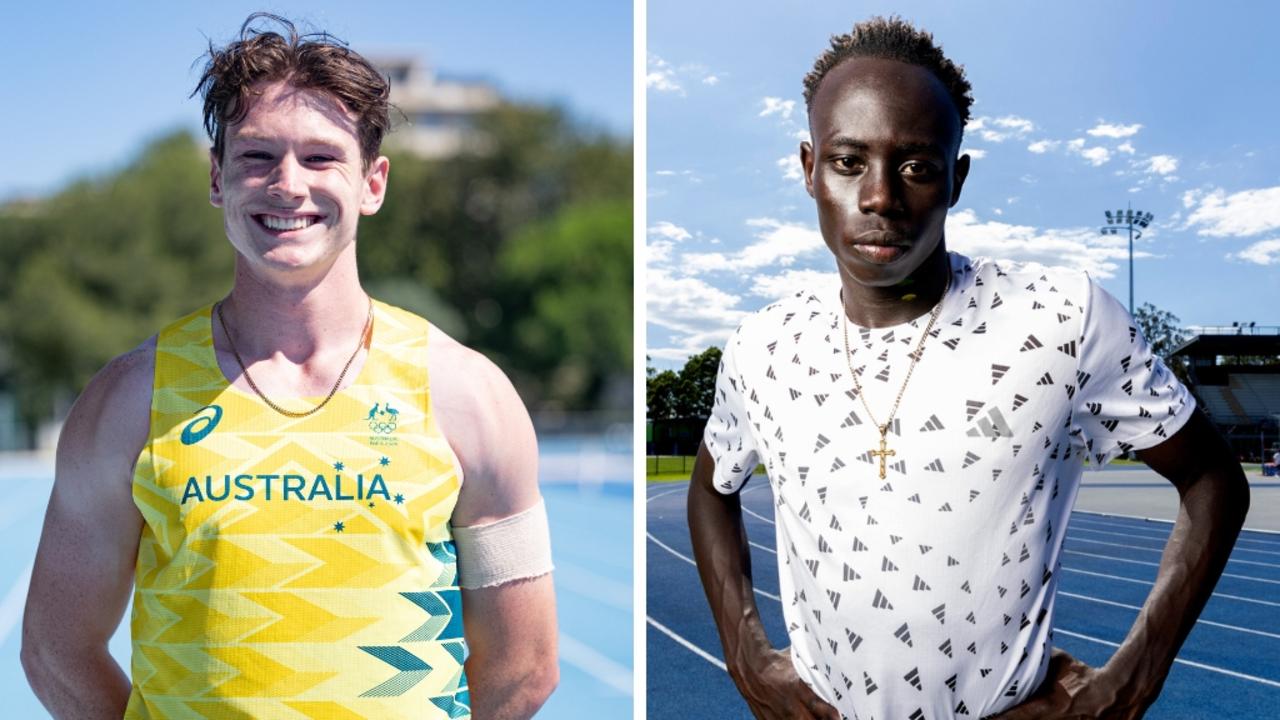Olympics: As IOC dithers, athletes handed some welcome relief

In the swirling mists of so much uncertainty, Australia’s Olympic athletes finally have been given a probable answer on the fate of the Tokyo Games, even if it is not the answer they would have been hoping for.
The International Olympic Committee could not bring itself to announce the first peacetime postponement of an Olympics, opting instead for “scenario planning” over the next month, all the while hoping against hope that the COVID-19 virus disappears even faster than it has spread to every corner of the globe. Still, even the IOC realised that even if some miracle unfolded it still would have been impossible to stage a Games in Japan in July which met two of its first four principles of Olympism — “placing sport at the service of the harmonious development of humankind” and “fair play”.
Thomas Bach, the president of the IOC, has come in for widespread condemnation for dithering in the face of a deadly pandemic, but let us be charitable. He was once burnt himself by what he now recognises as hasty decision-making by his Olympic masters.
A West German fencer, he won an Olympic gold in the team’s foil event at the 1976 Montreal Games but was then denied the chance to defend his title after his country joined the 65 nations that boycotted the 1980 Moscow Olympics because of the Soviet invasion of Afghanistan. It was a decision that drove him into retirement.
“We were uncertain whether the Games would take place and whether we would be allowed to participate,” Bach wrote in an open letter to the world’s athletes on Sunday. “Quite frankly, I would have preferred it if the decision-makers then would have taken more time to decide on a more sound (sic) basis of information.”
As understandable as it might have been for him to defer in the hope of a stunning scientific breakthrough that would allow him to deliver some good news to athletes, the Australian Olympic Committee realised that its Olympic team — those selected, those about to be — needed answers.
In their opinion, “it was clear” the Tokyo Games could not go ahead as scheduled and accordingly they advised their athletes to instead prepare for an Olympics in the northern summer of next year. In other words, about July 2021. A 12-month delay.
“Our athletes have been magnificent in their positive attitude to training and preparing but the stress and uncertainty has been extremely challenging for them,” AOC chief executive Matt Carroll announced on Monday.
The tone was set by the Australian swim team, which last Friday sent out its own message of support and solidarity to swimmers the world over, swimmers who in many cases were in lockdown because of the virus, their training pools closed indefinitely.
“We absolutely want the Games to continue and we are preparing ourselves for that but we also are acknowledging that we want a level playing field for everyone, and right now around the world, we are holding concerns that people can’t achieve that at this time,” Swimming Australia chief executive Leigh Russell said
US Swimming picked up the theme the next day. So too US Track and Field. If there are two organisations that the American Olympic broadcaster NBC pays heed to, these would be them. And the IOC pays heed to NBC. Late on Sunday, Canada became the first nation to threaten not to participate in the Tokyo Games unless they were postponed for at least a year. Suddenly, purely on a sporting front, the tide had turned in favour of postponement.
Health-wise, the Olympic movement was being pulled in opposite directions. While there are faint signs the coronavirus may have passed its peak in places such as China and Japan, it was becoming clear that in many countries of the world, Australia seemingly among them, the worst was yet to come.
The postponement almost certainly will rob Japan of any chance of posting a profit from the Games, even with some $8.6bn worth of support from the IOC. Many Olympic sporting venues in Tokyo won’t be available in July 2021 and who knows how the IOC intends to solve its dilemma of the Olympic Athletes Village, which has already been sold to its post-Games owners? Just thinking of the myriad of compensation claims that could arise from putting the Games on hold is a dizzying exercise.
Then there are the scheduling clashes that somehow will need to be resolved as the Olympics blunders into a cycle of world sporting events that has been entirely structured around it. Everything now has been thrown out of whack. The world swimming and track and field championships are to be held in Fukuoka and Eugene, Oregon, respectively — at the same time as the rescheduled Olympics. The European soccer championships have already been pushed back to 2021. And how attractive will the Birmingham Commonwealth Games of 2022 be in the shadow of the Olympics?
Who knows if the 2020 Tokyo Olympics would have been so seriously under threat were it not for the instant worldwide reach of mass and social media? Whatever the impacts, the giant petri-dish experiment for infectious diseases is extremely unlikely to proceed in four months.
And for that the world can breathe just a little easier.


